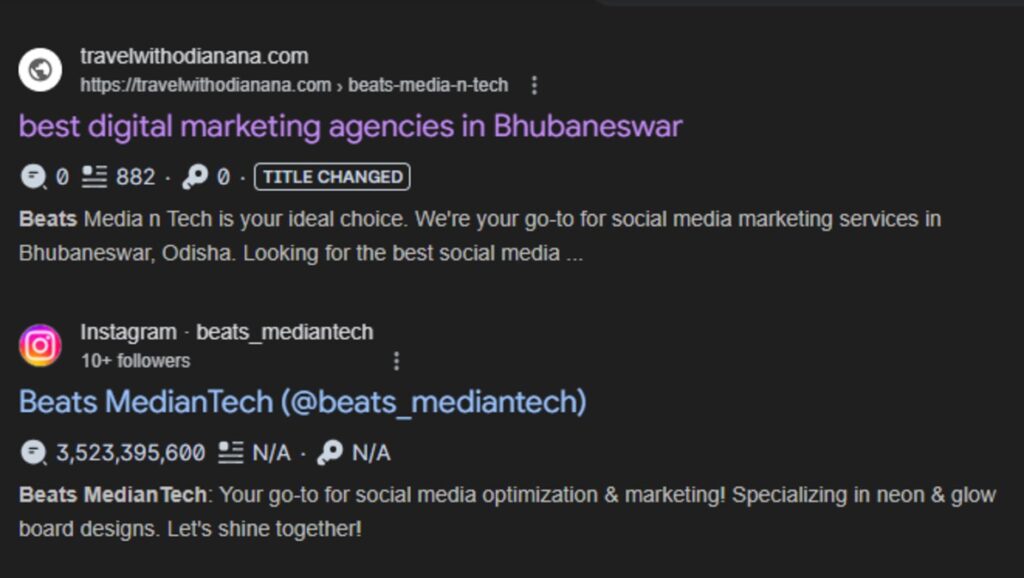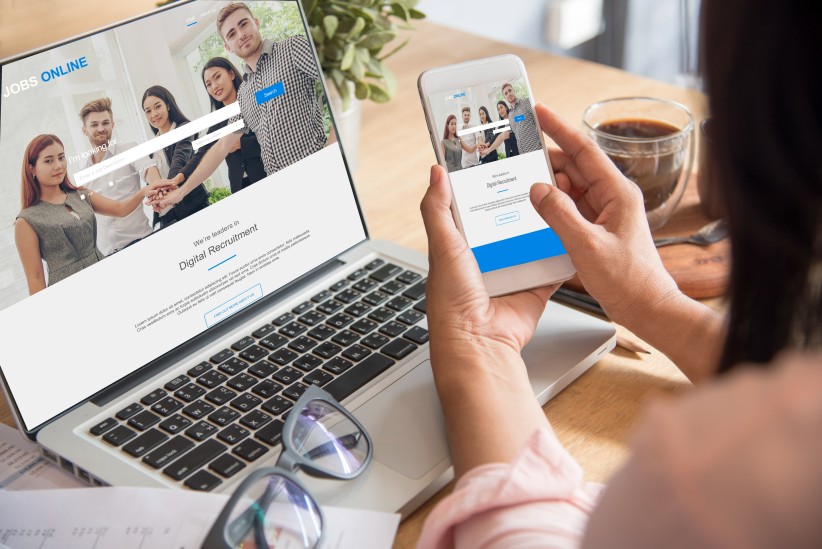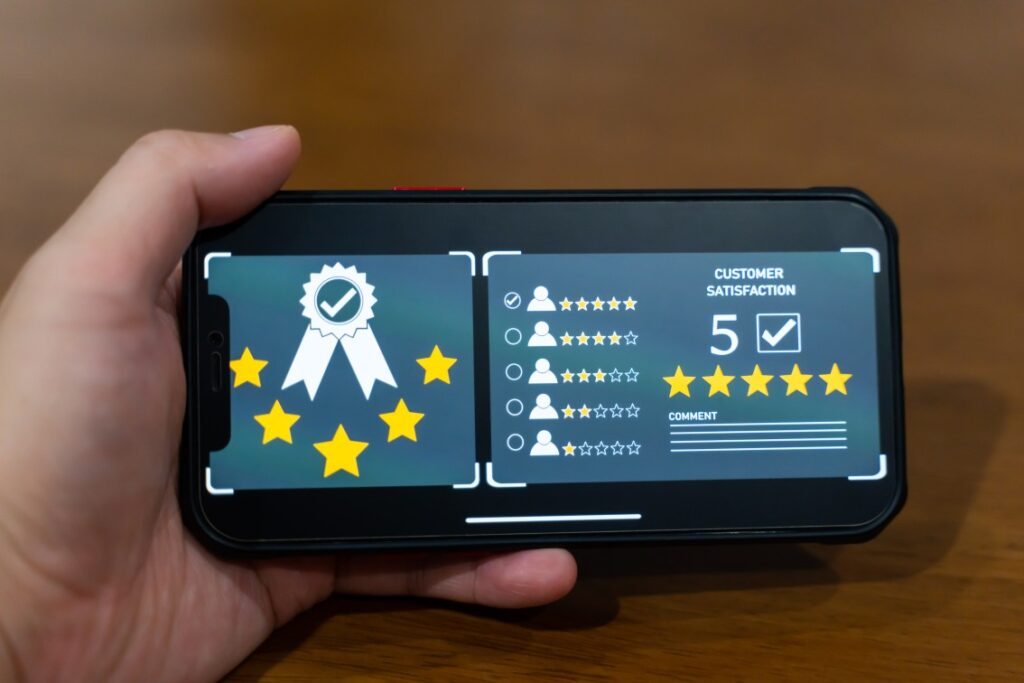Running a business is your passion. You’re an expert at what you do. But when it comes to getting found online, things can get confusing. You’ve probably heard the term “SEO” or “Search Engine Optimization.” It sounds technical, but at its heart, it’s simply about making your website friendly for search engines like Google.
When Google understands your content, it can show your website to people who are searching for what you offer. Think of it as putting up the perfect signpost on the internet’s busiest highway. This guide will walk you through some simple best practices to optimize your content.
If you are looking for an agency to optimize your website then CONTACT US.
1. Start with Your Audience’s Questions

Before you write a single word, ask yourself: “What would my ideal customer type into Google?” Think about their problems, questions, and the words they use.
For example, a bakery owner wouldn’t just optimize for “bakery.” They might use phrases like “best birthday cake in [City Name]” or “fresh sourdough bread near me.” By answering these specific questions, you attract visitors who are closer to making a purchase. This is the foundation of good content strategy, something a skilled digital marketing agency in bbsr can help you develop.
2. Use Keywords Wisely (But Don’t Overdo It!)

Keywords are the main words and phrases that describe your content. Once you know what your audience is searching for, you need to place these keywords strategically in your content.
Title: The most important place! Your main keyword should be near the beginning of your page title or blog post title.
Headings: Use headings (like H1, H2) to break up your text. Include your keywords in some of these headings to show Google what each section is about.
Throughout the Content: Use the keyword naturally a few times in your paragraphs.
A common mistake is “keyword stuffing”—repeating the keyword too many times until it sounds unnatural. Write for people first, and search engines second.
3. Create Content That’s Easy to Read

People don’t read online; they scan. If they see a huge block of text, they’ll likely leave your page quickly. To keep them engaged:
Use Short Paragraphs: Keep them to 2-3 sentences.
Use Bullet Points and Numbered Lists: Just like this one! They are easy to scan.
Use Subheadings: They act as signposts, guiding the reader through your content.
Use Simple Language: Avoid complex jargon. Explain things clearly.
A good user experience keeps people on your page longer, which is a positive signal to Google.
4. Pay Attention to Your Page’s Meta Description

The meta description is the short paragraph of text that appears under your page title in Google’s search results. It’s your advertisement for the page! While it doesn’t directly affect your ranking, it greatly influences whether someone will click on your link.
Write a compelling meta description (around 150 characters) that includes your main keyword and tells the user exactly what they will find on the page. Think of it as your elevator pitch.
5. Optimize Your Images for Speed and SEO

Images make your content more attractive, but they can also slow down your website if they are too large. Use tools to compress your images before uploading them. A fast website is a ranking factor.
Also, use “alt text” for every image. Alt text describes the image to search engines and to people who use screen readers. Instead of naming an image “IMG12345.jpg,” use a descriptive alt text like “freshly baked chocolate chip cookies from our bakery.”
6. The Power of Internal Linking

Internal links are links that go from one page on your website to another. They help users navigate your site and help Google discover all your important pages.
For example, if you write a blog post about “Tips for a Perfect Wedding Cake,” you should link to your “Wedding Cakes” service page. This keeps visitors on your site longer and shows Google that your site is well-organized.
7. Make Sure Your Website is Mobile-Friendly

More people now browse the internet on their phones than on desktop computers. Google prioritizes websites that look good and work well on mobile devices. Check your website on your phone. Is the text easy to read? Are the buttons easy to tap? If not, this is a critical issue to fix.
8. Focus on Getting Local Listings and Reviews

For local businesses, this is incredibly important. Make sure your business is listed on Google My Business. Keep your name, address, and phone number (NAP) consistent across the entire web.
Encourage your happy customers to leave reviews. Positive reviews build trust with potential customers and improve your visibility in local search results. This is a key area where partnering with a digital marketing agency in bbsr can provide a significant local advantage.
Conclusion: Consistency is Key
Optimizing your content for search engines is not a one-time task. It’s an ongoing process. By consistently creating helpful, well-structured content that answers your customers’ questions, you will build a strong online presence over time.
If this feels overwhelming, remember that you don’t have to do it alone. Experts, like a professional digital marketing agency in bbsr, can handle the technical details for you, allowing you to focus on what you do best—running your business.
